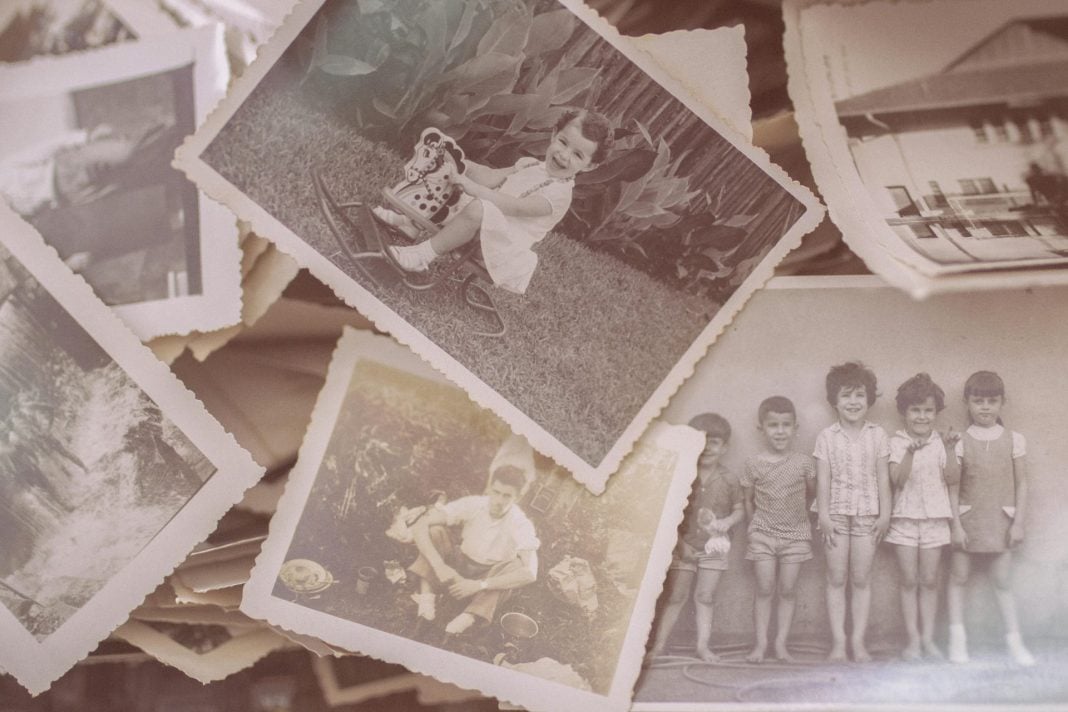Grief is usually tethered to memories: recalling the sound of someone’s laugh, the warmth of their hug, or mulling over their meaningful mantras. It is a process shaped by these intricacies – tiny, profound moments that form the deep bond that, with loss, becomes heartbreakingly intangible. How does, or perhaps how can, such grief manifest when this mosaic of memories are not truly yours? What happens when the bond you grieve is with someone you never actually managed to meet?
For me, the figure of the deceased becomes somewhat mythic – painted in the soft light of others’ nostalgia. My uncle, on whom this article focuses, passed unexpectedly the day before my birth over 21 years ago. For my family, this day represented an incredibly unique moment of simultaneous birth and loss. I was welcomed to the world eight hours after his exit, a moment that seemed to represent the circle of life in its most intimate form. Unlike losing a friend or close relative whom you’ve known, however, mourning someone who was already gone when you arrived has always served as a constant reminder of life’s finite nature. I’ve grown up feeling that loss, as if I occupy a hollowed-out place in the family’s shared history.
Growing up, my uncle’s legacy has seeped through every moment. His memory was ever-present in family gatherings, almost as if he simply stepped out of the room and could walk back in at any moment. At birthdays, at Christmas, on the anniversaries of his passing – my family keeps his memory alive. Each time, I listen to my family recount endless stories of his humour, his kindness, and his dreams, painting a vivid portrait of someone I could never know but was somehow deeply and intimately connected to.
In many ways, his presence shaped me. Family members would point out my laugh, saying it reminded them of him, or remark on how he loved Stevie Wonder’s music to the same extent as I do. Due to the unique meeting of my life and his death, I have found myself constantly searching for parts of him in myself, as though I could piece together his essence from my traits. This inheritance of character and memory became a way to feel connected to him, as if he lived on not only in their memories but also in me. Yet, it has always been a bittersweet connection – one filled with pride, but tinged with the sadness of knowing these traits are all I have of him.
Legitimising the grief of someone you never knew is important, though it’s rarely recognized in our culture’s understanding of loss. We often assume that mourning must be anchored to direct experiences and memories, but grief can be, and is for me just as real for someone whose life touched us indirectly. It’s a unique kind of sorrow – one that’s deeply tied to the legacy, love, and presence the person left behind, not the shared moments that traditional grief might rely on.
I want others to recognise that my grief deserves validation because it’s a real connection, even if it looks different from other forms of mourning. For me, there’s a longing not only for the person I never met but also for the relationship we could have had. It feels natural to carry sadness for the moments we missed, for the advice he might have shared, and for the unique kind of love that could have shaped my life. This grief reminds me that, even without my own memories, his presence still resonates deeply within me.
He’s part of who I am, woven into the story of my entrance into the world and importantly, my family’s story. Though I can’t reach back and touch shared experiences, his impact remains alive in me – in the stories, the traits I’m told I share with him, and the family’s love that keeps his memory close. This is a form of connection that feels meaningful, even if it isn’t one I can remember firsthand, and it deserves to be seen and understood.
I’m not a particularly spiritual or religious person, but a part of me holds onto my uncle’s spirit. This is because, last year my mum, on a bit of a whim, visited a psychic medium with a friend. During the session, the medium began to spell out my uncle’s name, letter by letter, to confirm his presence. She then told my mum that, because of the “shared story” between my uncle and me, he has always been watching over me and keeping me safe.
Whether or not you believe in things like this is up to you, but for me, hearing that held a deep significance. It felt like an affirmation of our bond, a quiet reassurance that, even though we never met, he’s a constant presence in my life and I have a right to grieve with my family despite these unique circumstances.


